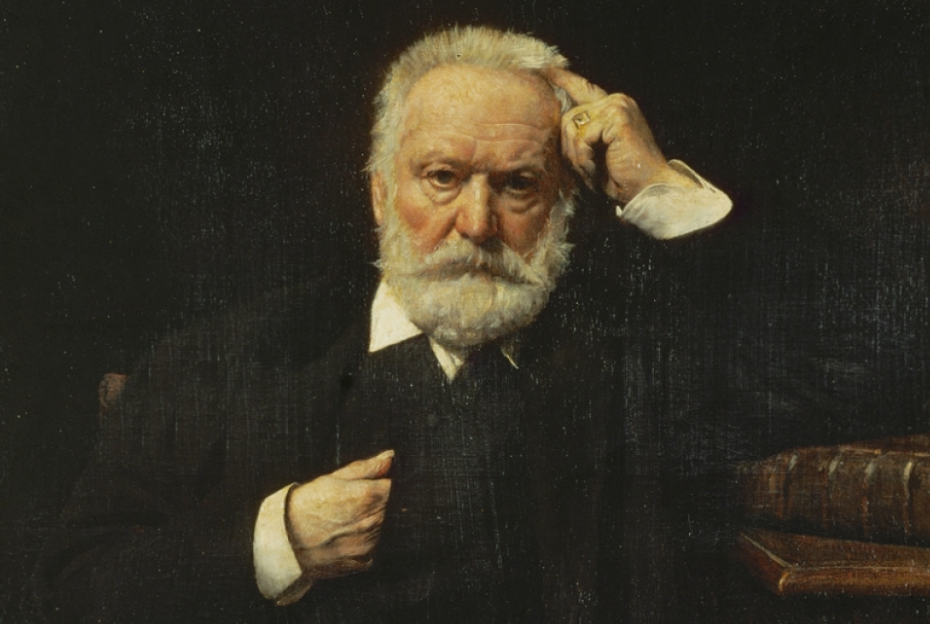Li Bai, also known as Li Po, can be adequately considered as the China National Poet. He was born during the Tang Dynasty (618-907 AD). Thanks to his immense contribution to the country’s literature, his poetry is still widely read and celebrated today, centuries after his death. In this article, we will delve into the life and works of Li Bai, exploring what made him such an influential figure in Chinese culture and history.
Early Life and Career of the China National Poet
Li Bai was born in Suyab, a city in present-day Kyrgyzstan, in 701 AD. He was of noble birth, and his family moved to Sichuan province when he was still young. As a young man, he received a Confucian education and became a courtier. However, he was more interested in writing poetry than in politics, and his talent for verse soon became evident.
Li Bai’s early poetry was heavily influenced by the style of the Han dynasty poets, but he soon developed his own unique voice. His work was characterized by its spontaneity, romanticism, and a deep appreciation of nature. He became known for his ability to capture the beauty of the natural world in his writing.
Rise to Fame
Li Bai’s rise to fame began when he was introduced to the emperor, Xuanzong, in 742 AD. He quickly became a favorite of the emperor, who awarded him a position as a court poet. Li Bai’s poetry soon became widely known and admired throughout China, and he gained a reputation as one of the country’s greatest writers.
Li Bai’s popularity continued to grow, and he soon became known as one of the “Eight Immortals of the Wine Cup.” This group of poets and scholars were known for their love of drinking and their unconventional lifestyles. Li Bai was known for his love of wine and his eccentric behavior, which only added to his legend.
Contributions to Chinese Literature
Li Bai’s contributions to Chinese literature are immeasurable. He wrote over a thousand poems, many of which are still studied and admired today. His work is known for its beauty, lyricism, and romanticism. He was a master of the “regulated verse” style of poetry, which adhered to strict rules of rhyme and meter.
Li Bai’s poetry celebrated the beauty of the natural world, and his love of nature is evident in many of his works. He wrote about the moon, the stars, the mountains, and the rivers, capturing their beauty and power in his verse. He also wrote about love and friendship, exploring the complexities of human relationships.
Legacy of the China National Poet
Li Bai’s legacy lives on today, centuries after his death. His poetry has been translated into many languages and is still widely read and celebrated throughout the world. He is regarded as one of the greatest poets in Chinese history and is known as China’s national poet.
Li Bai’s influence can be seen in the work of many later poets, both in China and around the world. His romanticism and love of nature have inspired countless writers, and his legacy continues to shape the world of literature today.
FAQs
- What was Li Bai’s most famous poem?
Li Bai’s most famous poem is “Drinking Alone by Moonlight,” which celebrates the joys of drinking wine in solitude.
- How did Li Bai become famous?
Li Bai became famous thanks to his talent for poetry and his association with the emperor, Xuanzong.
- What is regulated verse?
Regulated verse is a style of poetry that adheres to strict rules of rhyme and meter.
- What was Li Bai’s relationship with wine?
Li Bai was known for his love of wine and was part of a group of poets known as the “Eight Immortals of the Wine Cup.” He often wrote about wine and its joys in his poetry.
- How has Li Bai influenced Chinese literature?
Li Bai’s contributions to Chinese literature have been immeasurable. He helped to shape the Chinese poetic tradition and his influence can still be seen in the work of many later poets.
Conclusion
Li Bai was a remarkable poet whose work continues to inspire and captivate readers today. His love of nature and romanticism are evident in his poetry, which celebrates the beauty and complexity of the world around us. He is rightfully regarded as China’s national poet and his legacy will continue to shape the world of literature for generations to come.
References
- “Li Bai.” Encyclopædia Britannica. Encyclopædia Britannica, Inc., n.d. Web. 06 Apr. 2023.
- “Li Bai (Li Po) (701-762).” Poetry Foundation. Poetry Foundation, n.d. Web. 06 Apr. 2023.
- Davis, A. R. (Albert Richard). (1981). Li Po and Tu Fu: poems. London: Penguin Books.


